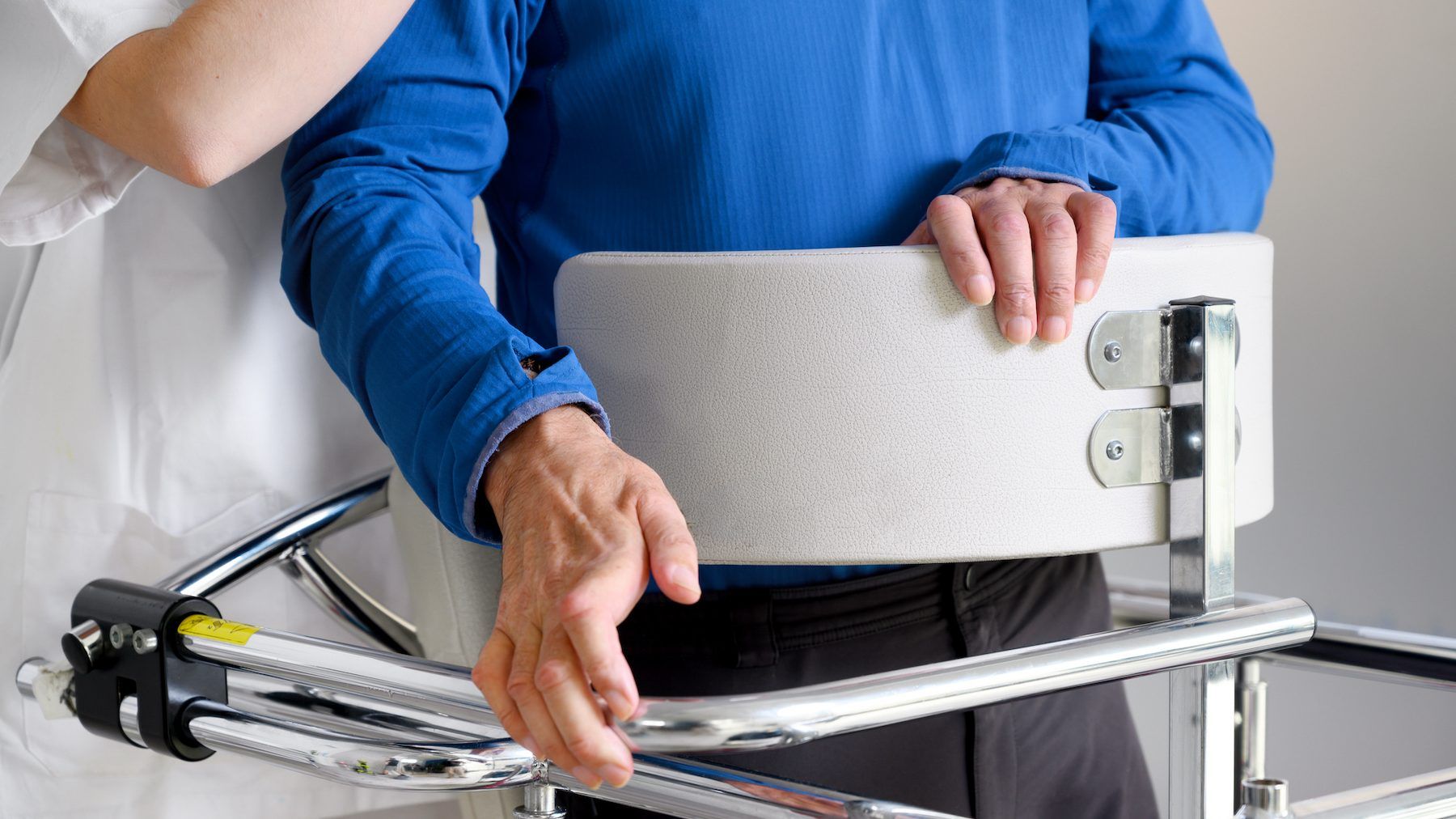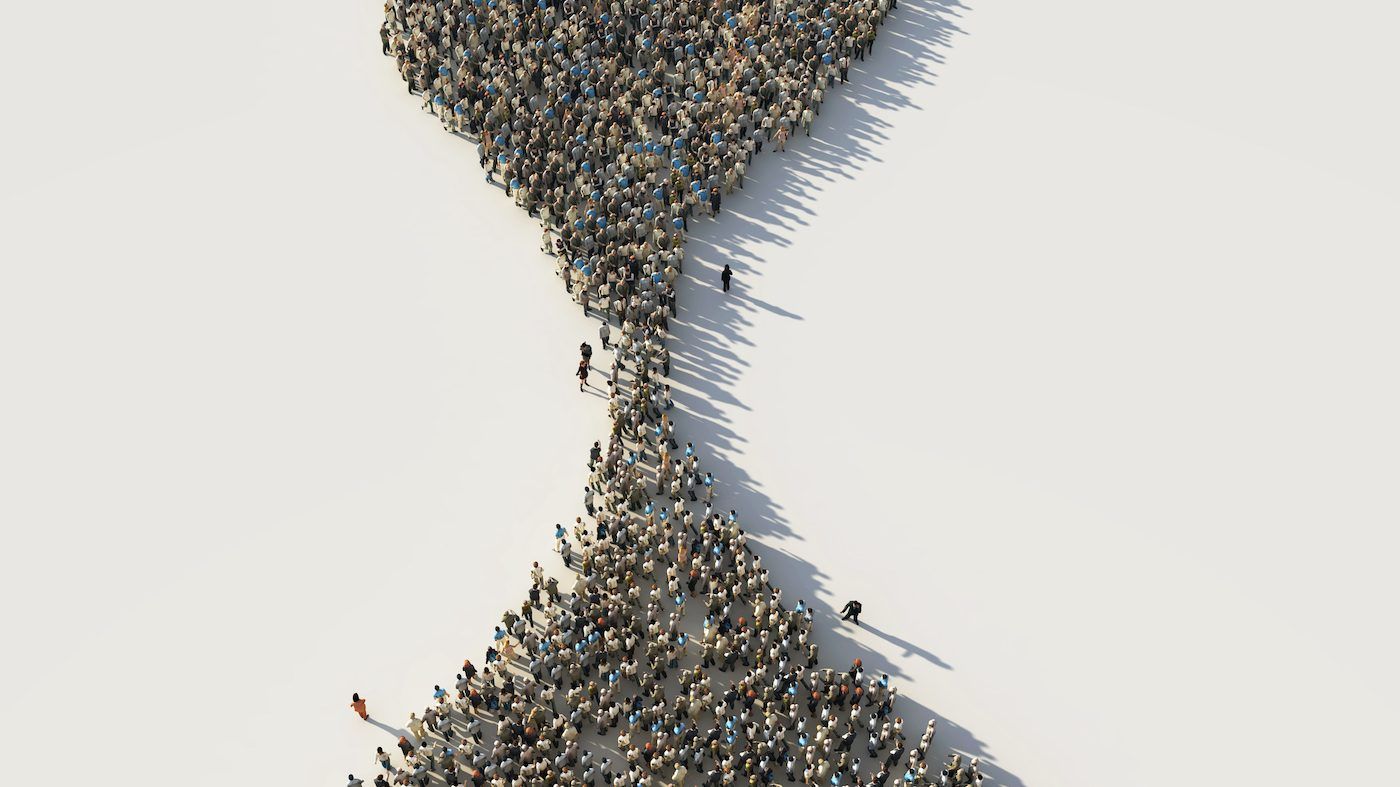this week, wilkins opened up to healthing about her experience and about the financial impact of her decision to leave her job to help care for her friend. she also revealed how she struggles with feelings of guilt, and why she believes that grief starts long before a loved one dies.
this interview has been edited for length and clarity.
taya’s unexpected als diagnosis must have been hard for both of you.
when taya was diagnosed, she was incredibly stoic about it and she vowed to fight it, to find every treatment that was available or emerging. i was in shock for a long time, it didn’t seem real. i worked in palliative care for 20 years, so i was very accustomed to illness and when the news sunk in, we both approached it more as a problem-solving challenge than anything else.
as a caregiver, what responsibilities have you taken on?
i am with taya typically monday through friday. on weekends, her children are home, and they provide care, along with a personal support worker. other friends also help on weekends and some evenings. on weekdays, i usually arrive before noon or after her personal support worker has helped with showering. i take care of the errands, pick up groceries, assist with online banking and her administrative tasks. i do laundry, dishes, meal prep, feeding, and some degree of personal care. i occasionally drive taya to and from medical appointments and i attend meetings with her health-care team.
 8 minute read
8 minute read










